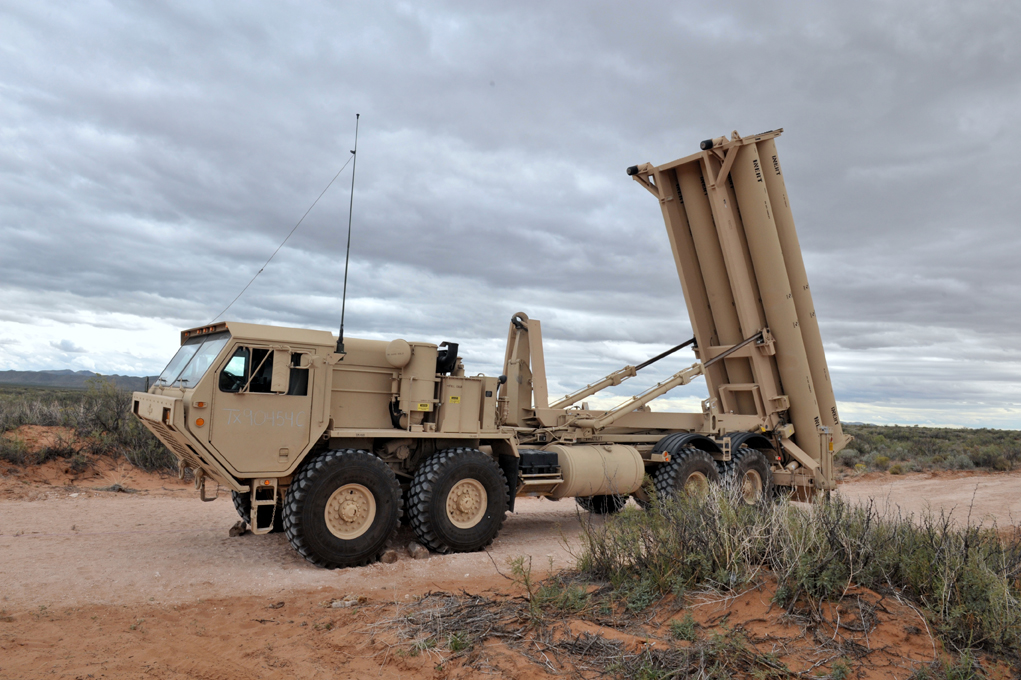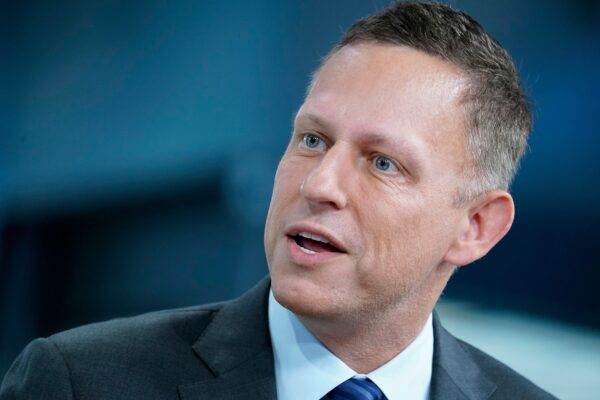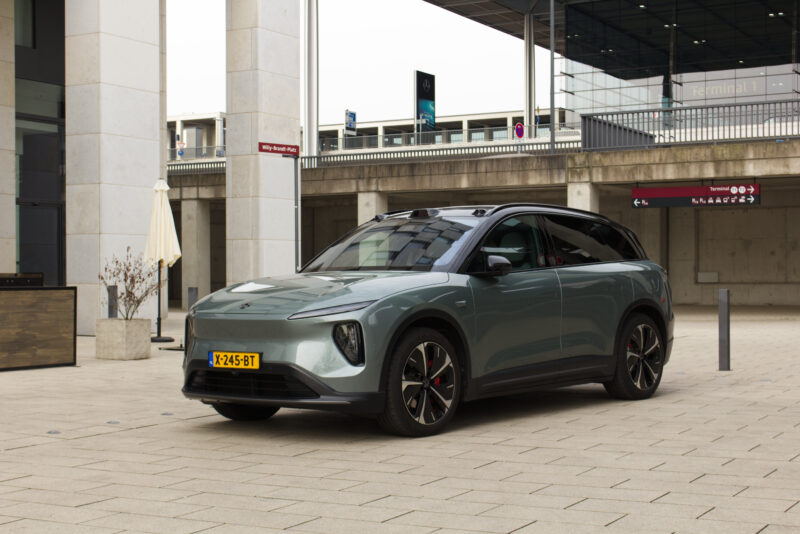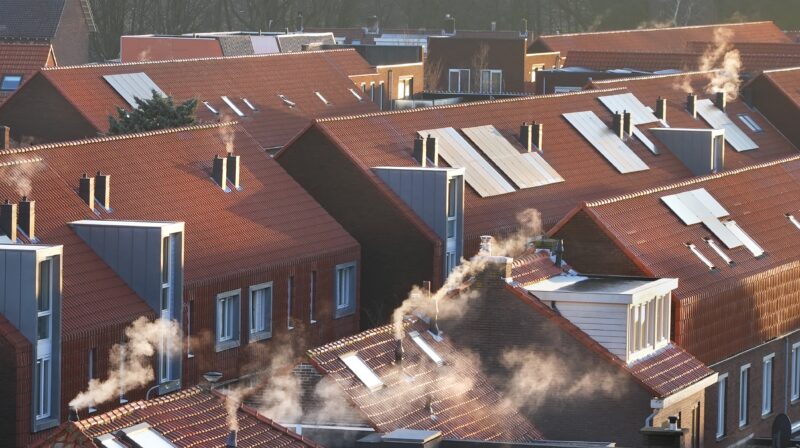WASHINGTON, DC – The powerful missile defense system that has North Korea, China, and Russia spooked is expected to make its debut in South Korea as soon as possible.
On Friday, Army General Vincent Brooks, commander of United States Forces Korea, said the deployment of the Terminal High Altitude Area Defense (THAAD) system will occur within the next 8 to 10 months.
“We want to do this as quickly as possible,” Pentagon spokesman Peter Cook told Business Insider during a press briefing.
“We believe that the THAAD system will be capable of helping to defend our ally South Korea,” Cook added.
In July, Washington formally agreed to equipSeoulwith a THAAD battery to further defend the region amid the North’s missile tests.
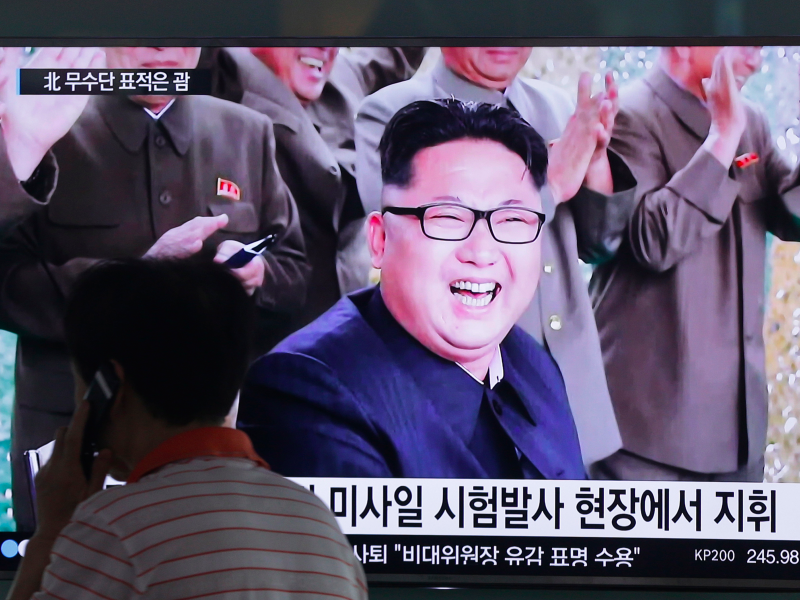
"This year, Pyongyang successfully conducted two nuclear tests, an intercontinental ballistic missile test, breakthrough successes with its road-mobile intermediate-range missile and submarine-launched ballistic missile, re-entry vehicle technology, a new solid-fuel rocket engine, and an improved liquid-fuel ICBM engine," Bruce Klingner, senior research fellow of Northeast Asia at the Heritage Foundation, told Business Insider.
What's more, during one week in October, North Korea launched what are thought to be two Musudan intermediate-range ballistic missiles - one on October 15 and another on October 19.
Here's a timeline of North Korea's defiant rocket launches and nuclear detonations so far in 2016 »
"This twice-in-a-week stuff also suggests that they must have an inventory of these things that they're willing and able to expend to advance the program," Thomas Karako, director of the Missile Defense Project at the Center for Strategic and International Studies, told Business Insider.
Hours after the aforementioned dual missile test, US Secretary of Defense Ash Carter met with South Korea's minister of defense, Han Min Koo, at the Pentagon.
"Make no mistake, any attack on America or our allies will not only be defeated, but any use of nuclear weapons will be met with an overwhelming and effective response," Carter said during the press conference.
"The United States remains committed to defending our allies against any threat with the full spectrum of American military might. That's why we are adapting our force structure on the peninsula, most recently by agreeing as allies to deploy THAAD to defend against North Korean missile threats," Carter added.

